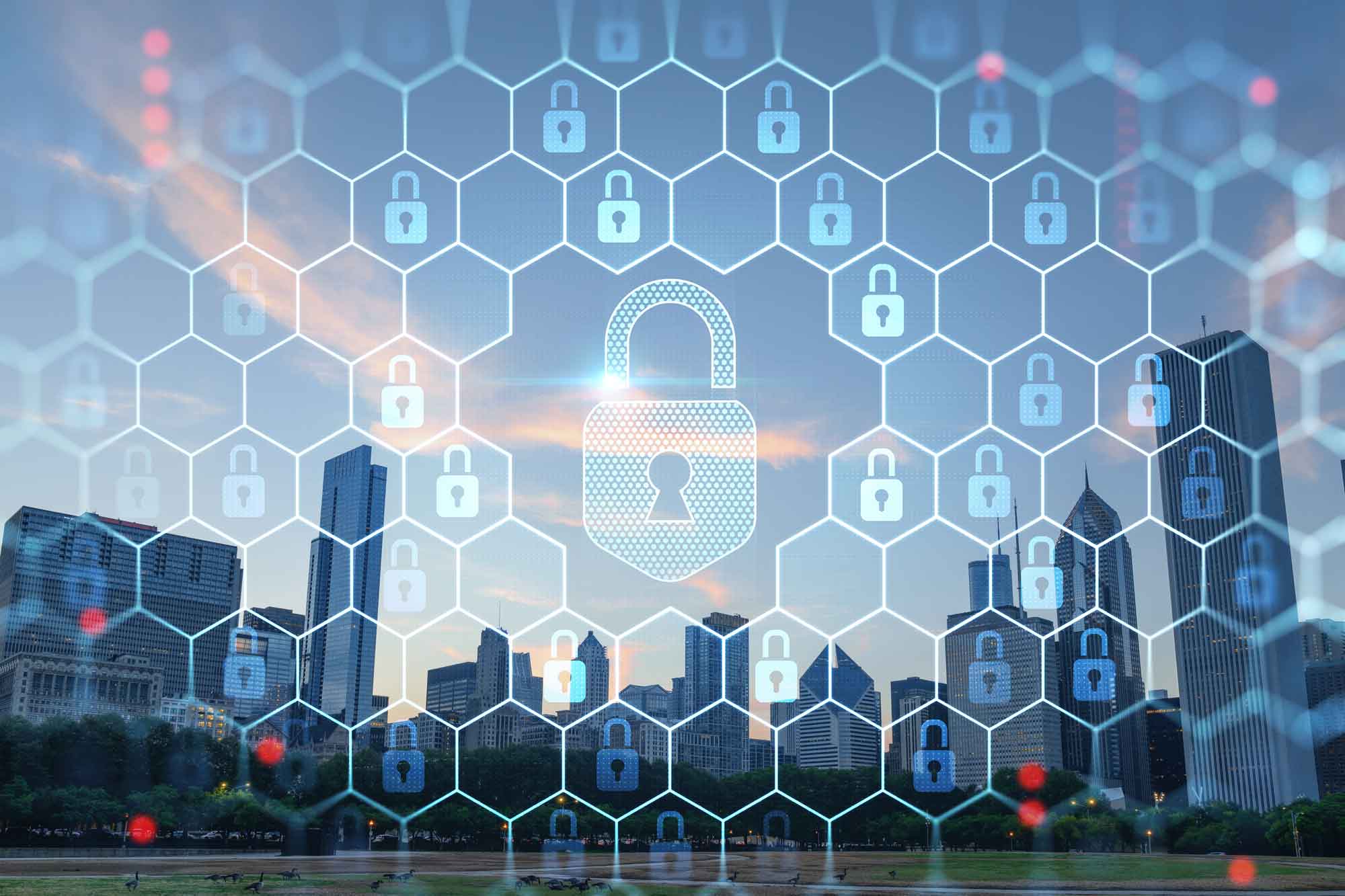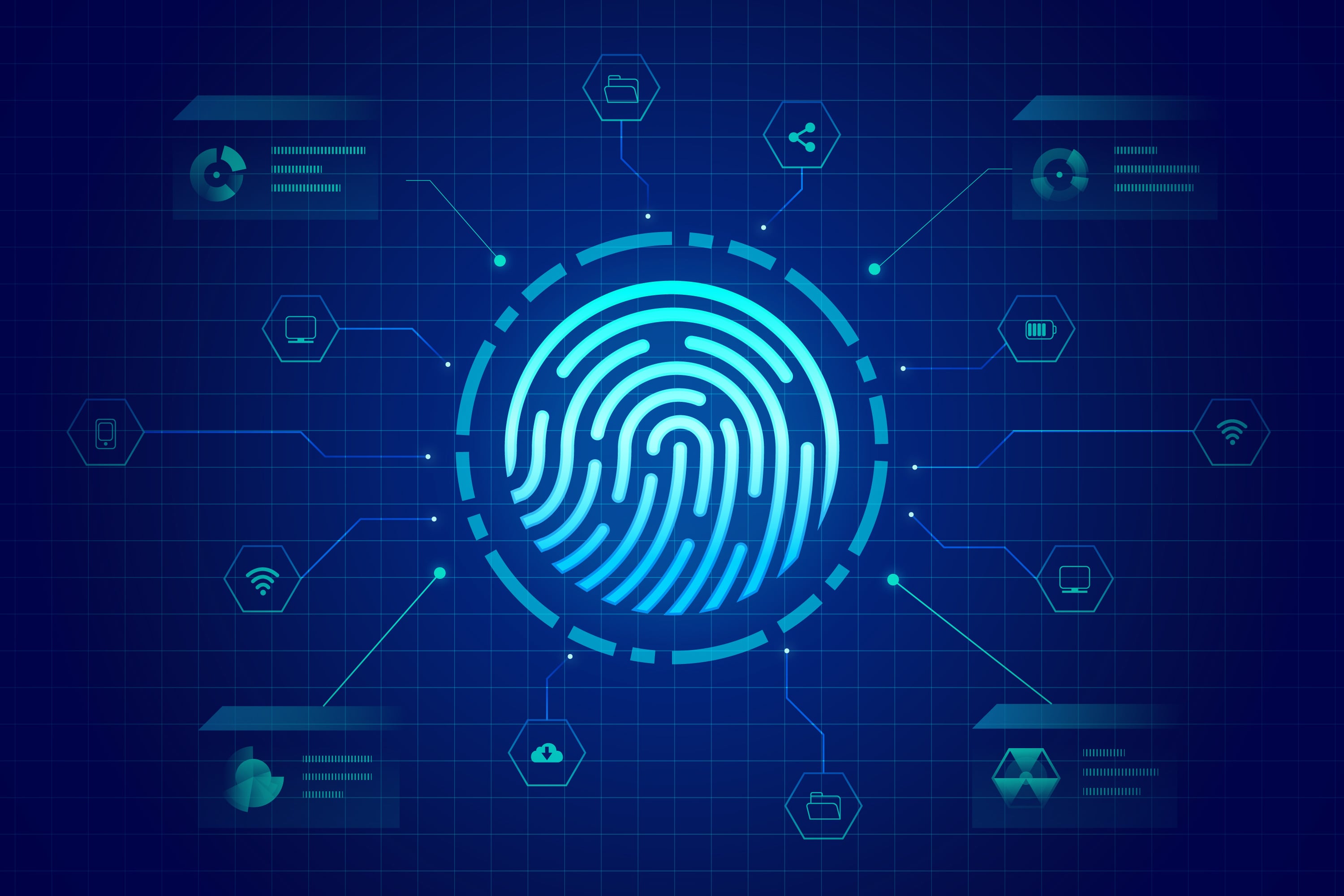You might have read many articles about businesses losing money and their confidential data from cyber-attacks. Yes, we know you understand the increasing cyber security risks. But let’s be real, there’s a high chance that you won’t do anything about it until something awful happens, right? Only when you get hit with a cyber-attack will you take it seriously?
Cyber threats have increased over the years to the point that by not implementing solutions with your IT team or IT security service provider, your business could suffer from more cyber attacks.
If you’re still confused about what cyber security is all about and why it is a big deal for businesses, keep on reading.
Cyber security definition
Cyber security is the measures taken to protect systems, networks and data from digital attacks, unauthorised access, and other malicious activities.
But what is cyber security all about?
Cyber security is essential for keeping personal information secure and protecting businesses from sensitive breaches that can have costly consequences. As cyber-attacks get more sophisticated by the day, users and businesses need the appropriate cyber security solutions to prevent and mitigate these risks as best as possible.
Cyber security protects you from these things
Vulnerabilities
The more flaws you have in your (hardware or software) system, the more vulnerable you are to cyber-attacks. Finding vulnerabilities in your IT is one of the sneakiest ways for hackers to infiltrate your network. They then use that loophole to plant malware or do malicious activities in your system.
The good thing is there are cyber security measures you can use to identify potential risks before they become a problem. Tools like firewalls, anti-virus software, and encryption services can help you keep your data safe from outside intrusions. Regular cyber security awareness training for employees is also quite helpful for understanding fraudulent activities.
On top of that, implementing two-factor authentication (2FA) adds an extra layer of protection to your systems. Whenever you log in to your accounts, you need to provide additional verification (usually sent to your phone number) to log in and access certain information. So even if a hacker has your full login credentials, they still wouldn’t be able to log in due to the required authentication code.
Cybercriminals
Cybercriminals are people who look for software and network vulnerabilities in software to exploit them. If you don’t have a prevention plan for this, cyber criminals could implant malware into your system or steal your information (credit card details, login credentials, etc.) and sell it to the highest bidder.
With an effective cyber security measure, you can protect yourself and your business against potential threats like identity theft, data breaches, ransomware attacks, and other types of cyber threats that would compromise your IT systems and data.
Malware
Malware, short for malicious software, is a set of programs that causes harm to a computer, network, and data stored within it. There is various malware on the web, but the most famous are virus and trojan horses. Although these two work differently, they have similar characteristics that make them malware.
For one, malware will say that it does something, but in reality, it is just waiting for you to download and open the file to gain access to your computer. Once it gets into your computer, it will attempt to infect other devices within your network – this could be through emails or internal applications.
One key thing to take away from malware is it's just waiting for you to do something (like downloading or opening an infected file) for it to contaminate your computer. So be wary of dodgy email attachments, visiting malware-farm websites, etc.
But still, the best way to stay safe online is to have a comprehensive approach to cyber security. This solution includes keeping all your software up-to-date, using strong passwords and two-factor authentication, avoiding suspicious websites and emails, and using anti-virus programs or other tools for added protection.
These measures help reduce the risk of exposure to malware or other malicious attacks. And understanding how cyber security works can go a long way towards keeping you safe online.
Risks of not having (or having poor) cyber security
Cyber security is essential to stay safe online and protect your sensitive data. You should be aware of the risks of not having – or having poor – cyber security to protect yourself and your business.
Failing to secure computer systems and networks can leave your data vulnerable to attacks, which inevitably leads to these risks:
Lost or stolen data
Insufficient security, inattentive employees, and poor data management will only lead to disasters. If this is your current IT status, hackers can infiltrate your systems and steal your data anytime without issues.
Data integrity and confidentiality are essential in running your business and ensuring your customers are safe. If you don’t have the appropriate backup and recovery plans in the event of a cyber-attack, your losses will be substantial, which may lead to business closure.
Cybercriminals target businesses of all sizes with phishing emails, malware attacks, ransomware, malicious scripts and other cyber-attacks aimed at stealing confidential information or holding their data hostage until they pay a ransom.
Cyber security can protect your company from these threats. You should be able to encrypt data and use secure authentication protocols to identify legitimate users when accessing sensitive information. Furthermore, place a comprehensive mitigation plan to ensure that any detected vulnerabilities get patched up before hackers can exploit them.
Reduced team productivity
If you’ve fallen into a cyber-attack, you will most likely suffer from downtime. And if your systems are down, so will your teams’ productivity unless you have a backup of your data in a storage device or cloud platform that you can use to recover.
Ransomware works by holding your data until you pay the ransom. There’s no way to restore your operations and get out of this bottleneck until you either pay the asking amount (which is sometimes not an option) or recover your data from your backups.
Cyber security is a critical piece in today's digital world. Without it, companies are vulnerable to data breaches and other security threats that can reduce team productivity. So by investing in a backup solution (usually a part of robust cyber security protocols), you can safeguard your data and ensure continuous productivity among your teams. Implementing this proactive measure ASAP will help you avoid the costly repercussions of a data breach and system downtime down the line.
Legal repercussions
When a cyber-attack happens, lawsuits follow closely behind.
Data breaches don’t just affect you – it affects your customers as well. And when they do, they can demand compensation due to the lack of security functions within your business. And if that happens, you will most likely pay for court fees, settlement costs, attorney fees, etc. This threat of legal action against companies exists and should be taken seriously.
We’ve seen far too many companies go under because of this. And it would have been an unavoidable problem if you just had cyber security in your systems.
Countries have laws regarding user and data security. The most famous ones is the General Data Protection Regulation (GDPR). The GDPR sets out how companies must protect personal data, and failure to comply can result in significant fines and penalties on the business.
Other laws may also apply depending on the data involved and where it is stored. Businesses need to understand the risks posed by inadequate cyber security and ensure they have the appropriate protection.
Reputation damage
Your business will fall under extreme scrutiny if you fall victim to cybercrime. Stakeholders might retract their investments, and customers will have second thoughts about doing business with you again. And this can go on for months, even years.
Don’t wait for a cyber-attack to happen to realise you have poor data security. No matter how small or large the damage is, your data is still in the wrong hands. And this can range from customer, employee and business data.
So to safeguard against security threats such as malware, you will have to take responsibility for providing effective cyber security solutions. This means investing in anti-virus software, regular patching of systems and cyber security training to recognise potential threats. Also consider implementing risk assessments, firewalling, network security, or investing in third-party security solutions with your IT team or IT Service Provider.
Protect your business with cyber security
The digital age has brought many incredible benefits, from increased efficiency to global connectivity. However, with the rapid growth of technology comes to an ever-increasing risk of cybercrime and data breach - a threat that can devastate businesses.
That’s where cyber security comes in. Cyber security is about maintaining the confidentiality, integrity, and availability of your data online. And implementing cyber security is essential to protect not only your business but your customers as well. At Office Solutions IT, we provide various cyber security solutions that will turn your business into a digital fortress. These solutions can range from preventing cyber threats to complying with security mandates.
With Office Solutions IT, you can focus on the important stuff while we do all the heavy cyber security lifting for you. From monitoring and finding vulnerabilities in real time, identifying cyber threats, and implementing the right solutions, we can help you improve your security posture for the better.













